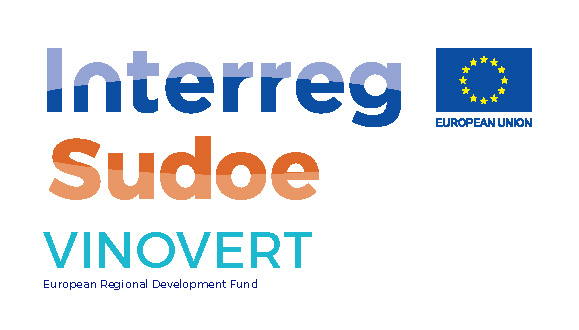VINOVERT provides solutions to reorient the ways of wine production, based on the reduction of the use of pesticides and additives. For its development, the project has focused on the consequences of new behaviour in plots and on the development of innovations responding to the new demand of consumers. Experimental wines were made and product and sensory analyses were conducted to establish experimental markets in each of the participating countries. Likewise, socio-economic analyses were carried out to measure the importance of non-monetary incentives and modify the routine of farmers.
Among its results, VINOVERT has allowed:
- Making a state of the art of innovations of the resistant strains of the Sudoe area.
- Following up on organic and conventional plots to propose winemaking methods adapted to wines submitted to consumers.
- Proposing innovations for the reduction of sulphites.
- Demonstrating the possibilities of incitement by companies to facilitate the ecological transition of the vineyards.
- Demonstrating new consumer demands.
- Demonstrating the localized agronomic impacts of new modes of production linked to environmental impositions.
- Demonstrating the effect of competition between organic and healthy wines (without added sulphites).
Thus, VINOVERT has responded to the problem of the agro-ecological transition of viticulture, working on specific and localized cases. It has shown that the use of pesticides in viticulture is linked primarily to a real difficulty in modifying the behaviour of winegrowers and not economic reasons. Likewise, the project has contributed to new legislative proposals of the European Commission, on one hand to allow the use of hybrid varieties for the production of wines and on the other hand, to nullify the prohibition of cultivating six varieties for the production of wine and to increase genetic diversity. All these results have been reflected in a White Paper of which 3,000 copies were distributed.


